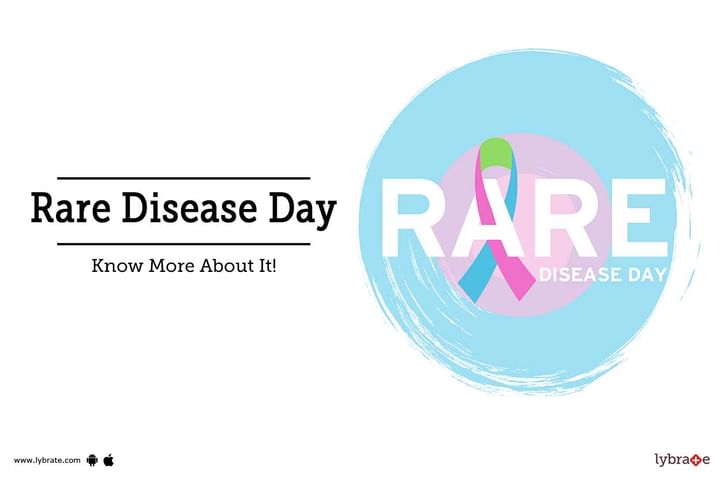Rare Disease Day Know More About It!
Rare disease day is observed every year on the last day of February. This year it will be on the 29th of February. The goal of the day is to make people around the world about diseases whose names are obscure and there is very little knowledge about them among the public. This way, people as well as governments who are responsible for making healthcare policies know more about these illnesses.
The reason this day is so important is that not much research has been done into these diseases and there many of them do not have a cure. 1 out of every 20 individuals contracts a rare disease at some point in his/her life. Many of these diseases are not even diagnosed. Rare Disease Day hopes to inspire more researchers to conduct studies regarding these diseases and policymakers to come up with an infrastructure that will make diagnosis and treatment more effective.
What are rare diseases?
The National Organisation for Rare Disorders has formulated a list of rare diseases that can act as a fundamental guide for people diagnosed with these illnesses and their families. People who want to be more cognizant about rare diseases too can learn a few things from the list-
-
Haemophilia
-
Muscular dystrophy
-
Down syndrome
-
Diffuse idiopathic
There are probably more than 7000 rare diseases.
What causes rare diseases?
Again, not much information is available on what triggers rare diseases. Researchers believe most of these are caused by genetic factors. People who contract them have a genetic predisposition in them. Changes or anomalies in a person’s genes or chromosomes could trigger rare diseases. Some people are born with some faulty genes that are passed down to them by their family. Or the mutation could happen later and the disease could be acquired.
Some rare diseases are auto-immune. If your immunity mistakes healthy cells as threats, then it starts to destroy them and a person contracts an autoimmune disease.
Some rare diseases can arise from infections too.
How are rare diseases diagnosed?
Usually, a genetic testing reveals if there are any abnormalities in your gene. If a baby has contracted a rare disease, then too a special newborn screening test will be administered to confirm the diagnosis.
Recovering from rare diseases involves not just treatment and monitoring tests but also psychological and emotional support.



+1.svg)
